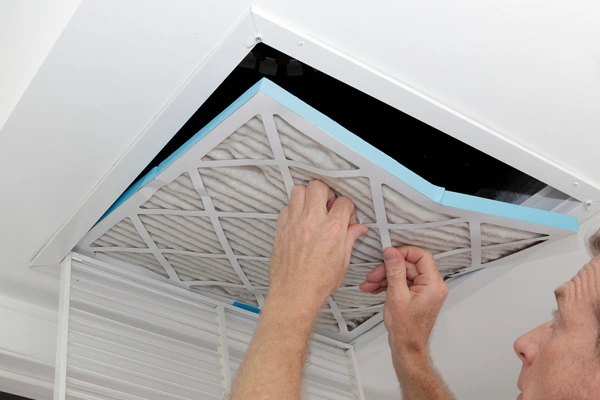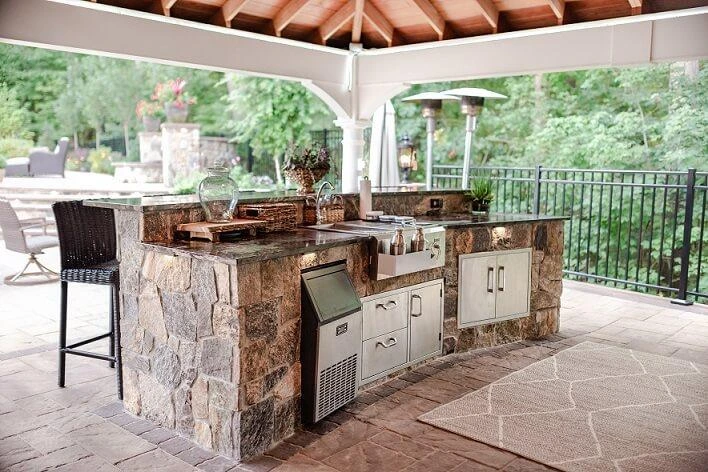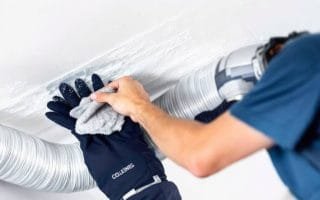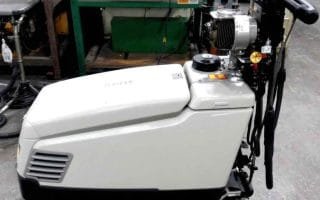Because most individuals spend most of their time inside in today’s fast-paced culture, maintaining high indoor air quality (IAQ) is more vital than ever. One of the most effective ways to enhance IAQ and ensure a healthier living environment is by utilizing HVAC bag air filters. These filters, manufactured by leading filter machine manufacturers, play a crucial role in transforming your living space into a pure, clean, and comfortable haven.
Understanding HVAC Bag Air Filters
HVAC bag air filters, also known as pocket filters, are designed to provide superior filtration performance in heating, ventilation, and air conditioning systems. Unlike traditional flat filters, bag filters are constructed with multiple pockets or bags that increase the surface area for trapping airborne particles. This design allows them to capture a higher volume of contaminants, including dust, pollen, mold spores, bacteria, and other pollutants, thereby significantly improving the quality of indoor air.
The primary function of HVAC bag air filters is to enhance IAQ by removing harmful particles from the air. These filters are commonly used in residential, commercial, and industrial HVAC systems to maintain a clean and healthy indoor environment. HVAC bag air filters assist lower the incidence of respiratory disorders, allergies, and other health problems linked to poor air quality by stopping the movement of pollutants.
The Role of Filter Machine Manufacturers
Leading producers of HVAC bag air filters are filter machine manufacturers. These manufacturers leverage advanced technology and materials to create filters that are efficient, durable, and cost-effective. The quality of the filter material, the construction of the pockets, and the overall design of the filter all contribute to its performance and effectiveness.
Leading filter machine manufacturers conduct rigorous testing to ensure their filters meet industry standards and deliver reliable performance. This includes tests for particle capture efficiency, pressure drop, and dust-holding capacity. Manufacturers make sure that their goods can successfully raise IAQ in a variety of conditions by following to these requirements.
Benefits of HVAC Bag Air Filters
Enhanced Air Quality: HVAC bag air filters significantly improve IAQ by trapping a wide range of airborne particles. This is particularly important in residential spaces where clean air is essential for the well-being of occupants. Reductions in the frequency of allergies, respiratory diseases, and other health issues are possible with improved air quality.
Energy Efficiency: High-quality HVAC bag air filters can enhance the efficiency of HVAC systems. Through the maintenance of cleaner air ducts and the reduction of pollutants buildup, these filters guarantee that the HVAC system needs less effort to circulate air. This might lead to lower energy consumption and electricity expenses.
Extended HVAC System Life: HVAC systems that use efficient filters experience less wear and tear, leading to a longer lifespan for the equipment. By preventing the accumulation of dust and debris in the system, HVAC bag air filters help maintain the optimal performance of HVAC components, reducing the need for frequent repairs and replacements.
Cost Savings: While high-quality filters may have a higher upfront cost, their long-term benefits far outweigh the initial investment. The extended lifespan of the filters and the HVAC system, combined with lower energy costs, result in significant savings over time.
Choosing the Right HVAC Bag Air Filter
Selecting the right HVAC bag air filter for your system involves considering several factors, including the size of the filter, the type of contaminants present, and the specific requirements of your living space. Filter machine manufacturers often provide detailed specifications and recommendations to help customers choose the most suitable filter for their needs.
Filter Efficiency: The capacity of an HVAC bag air filter to hold particles of various sizes is a measure of its efficiency. Filters with higher efficiency ratings are better at trapping smaller particles, providing superior air quality. HEPA (High-Efficiency Particulate Air) standards and MERV (Minimum Efficiency Reporting Value) ratings are examples of common efficiency ratings.
Filter Size: The size of the filter should match the dimensions of the HVAC system’s filter housing.Choosing the appropriate size guarantees a good fit and top performance.
Airflow Requirements: The filter must be able to manage the HVAC system’s airflow rate without creating an unacceptably high pressure drop. By doing this, the system’s effectiveness and ability to maintain enough ventilation are guaranteed.
Application-Specific Needs: Different living spaces have unique air quality requirements. For example, homes with pets or individuals with allergies may require higher efficiency filters to capture pet dander and allergens, while households with infants or elderly members may prioritize filters with enhanced microbial filtration.
Conclusion
HVAC bag air filters are essential components in maintaining high indoor air quality in residential spaces. By effectively trapping airborne particles and improving the performance of HVAC systems, these filters contribute to a healthier and more comfortable living environment. Filter machine manufacturers play a crucial role in providing reliable and efficient filters that meet the diverse needs of different households. Investing in high-quality HVAC bag air filters not only enhances IAQ but also offers long-term benefits in terms of energy efficiency, cost savings, and extended HVAC system life.
Transform your living space into a pure and healthy haven by choosing the right HVAC bag air filters. Embrace the benefits of clean air and enjoy the comfort and well-being that come with improved indoor air quality.







